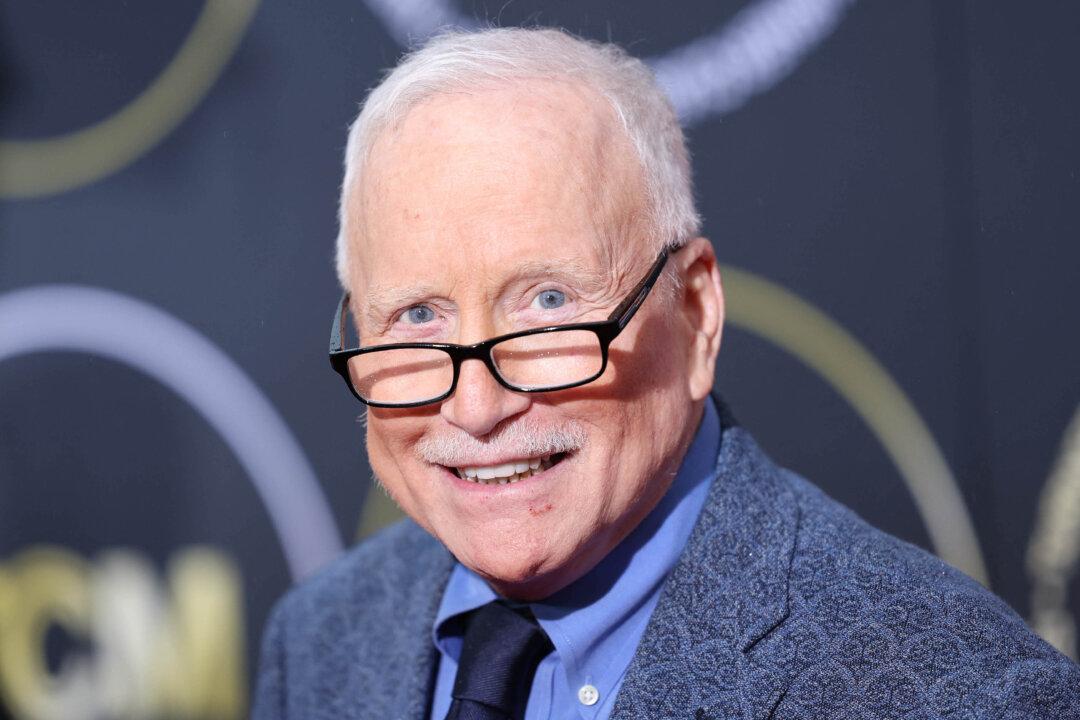Commentary
Richard Dreyfuss criticized the Academy of Motion Picture Arts and Sciences’ new Oscar rules in, as they say, no uncertain terms.

Richard Dreyfuss criticized the Academy of Motion Picture Arts and Sciences’ new Oscar rules in, as they say, no uncertain terms.